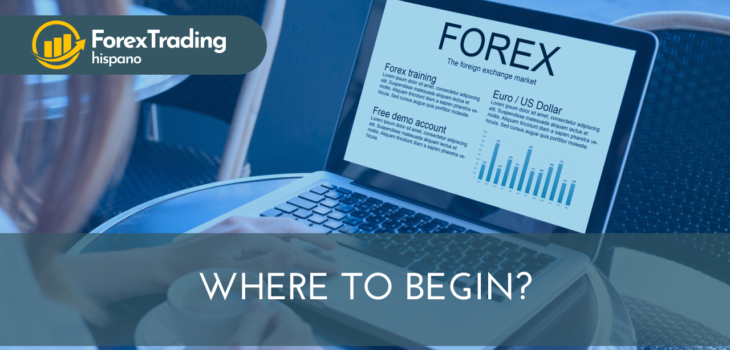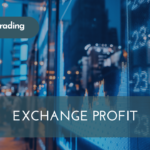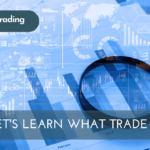As soon as an investor or a novice trader thinks about what to do with his savings, the question inevitably arises before him: “Where to start?”
Do not put the money at ridiculous interest in the bank. These percentages will also not be received later. If we also take into account the very real prospect of losing the whole amount in the same bank, the benefits of such money management become quite obvious. Approximately such thoughts tormented the author when he thought about the unenviable fate of investors trusting money to all sorts of scammers.
Probably, this was the impetus for taking the thorny path of the exchange player. Naturally, first of all, the author was faced with the same question – “Where to start?”.
Content
- Exchange Trading for Beginners
- Types of markets
- Most saturated offer
- Why are you doing this
- Market analysis
- Think about which technical analysis package you should choose
- Which broker to trade through?
- Brokerage agreement is a public offer agreement in the form of a unilateral agreement
- The market is volatile
Exchange Trading for Beginners

The simplicity of the question touched, but it did not get any easier. It is not necessary here to reproduce the whole path that the author had to go before he realized what to do when there is an intention to trade on exchange markets. Having a lot of mistakes behind him, made solely due to a lack of experience and knowledge, he decided to set out here his main considerations about where should start.
So, the first question that should be resolved looks simple enough.
It sounds something like this: “In which markets will I trade?” But this question seems simple only at first glance. It is fraught with danger because without paying proper attention to it, it is quite possible to be at an impasse. The thing is that every market has its characteristics. At the same time, they inevitably give rise to certain “pluses” and “minuses”, which, in turn, for each specific person have a weight greater or lesser, depending on their personal preferences. To make it easier to deal with this issue, we will try to consider in order all its components. This will bring thoughts into the system. First of all, it is necessary to find out the geographical location of trade. In other words, on which territorial market will trade operations most likely be conducted? For Russian investors and traders, there are three such items: Russia, Europe, and the USA.
Some, however, may turn to other markets – Australia, India, Asia in general, etc. – but still it is rather exotic. In each case, the procedure is almost the same: you need to choose a brokerage firm, open an account, and then you can trade, without forgetting, of course, to transfer money promptly. But doing this is by no means in the first place, but at least only after you read this article. The second problem is related to the first and may require once again to think over a previously adopted solution. The problem is to figure out what to trade. This question is not idle. In early 2000, Bloomberg News Agency reported that it broadcasts market data on approximately 2.5 million financial products. To view all this data, spending only one second on each product, it will take exactly a month of continuous operation. It is unlikely that anyone will want to experience such pleasure on themselves. To solve this problem, they turn to the so-called “market segmentation”. In simple words, each type of financial instrument belongs to a certain segment.
Types of markets
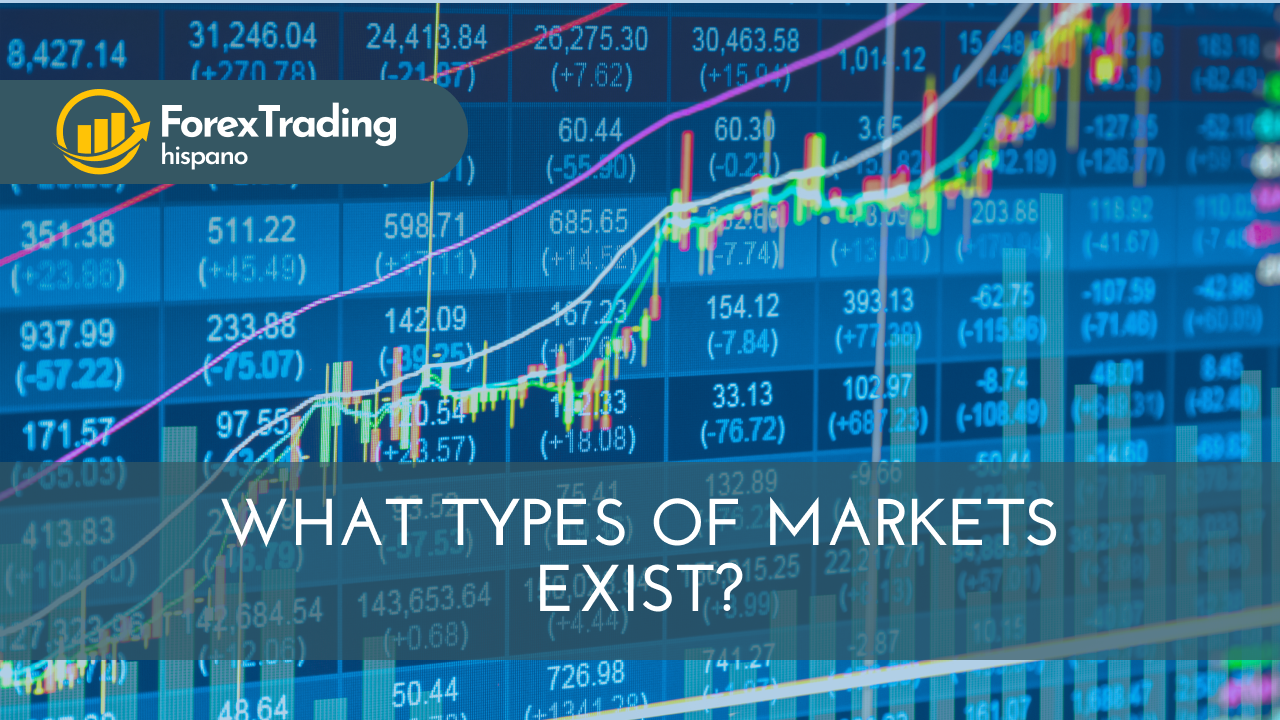
There is a property market. The most active in the corporate stock market. There is also a bond market, which is usually divided into the corporate bond market and government debt securities. Also, the commodity futures market is considered the most famous, where transactions are carried out on futures not only on goods but also on currency and indices. And finally, it should be called the cash foreign exchange market – the Forex market. There are others, smaller ones, but in this case, it is not so important. How to understand all this and what to give preference to?
Usually, this is a private matter for everyone, so it is extremely difficult to advise here. As a rule, investors and traders who are worried about their capital prefer the stock and futures markets. Some are drawn to currency trading. Here you need to pay attention to one circumstance: the selected market segment is very closely related to which territory you prefer to trade. If you are going to trade futures, then in Russia you are unlikely to have a place to turn around, unless you are going to specialize in one or two financial instruments. The most developed futures market is now rightfully America, where you can even find trading contracts for temperature. The same can be said of the stock market.
Think about how to get data from the market and how much it will cost. After you have at least previously decided what to trade with, you should think about how to get data from the market and how much it will cost. This is an important question, and in no case should it be discounted, since it can easily affect the decision made earlier. To make it clear what is at stake, imagine this picture. You set out to trade on the European stock market. How much can you find information sources? And how many programs can you find that can be considered as alternatives? In any case, a lot of effort will be spent. At the same time, there is more than enough information about the American market – it’s even hard to hide from it!
Most saturated offer
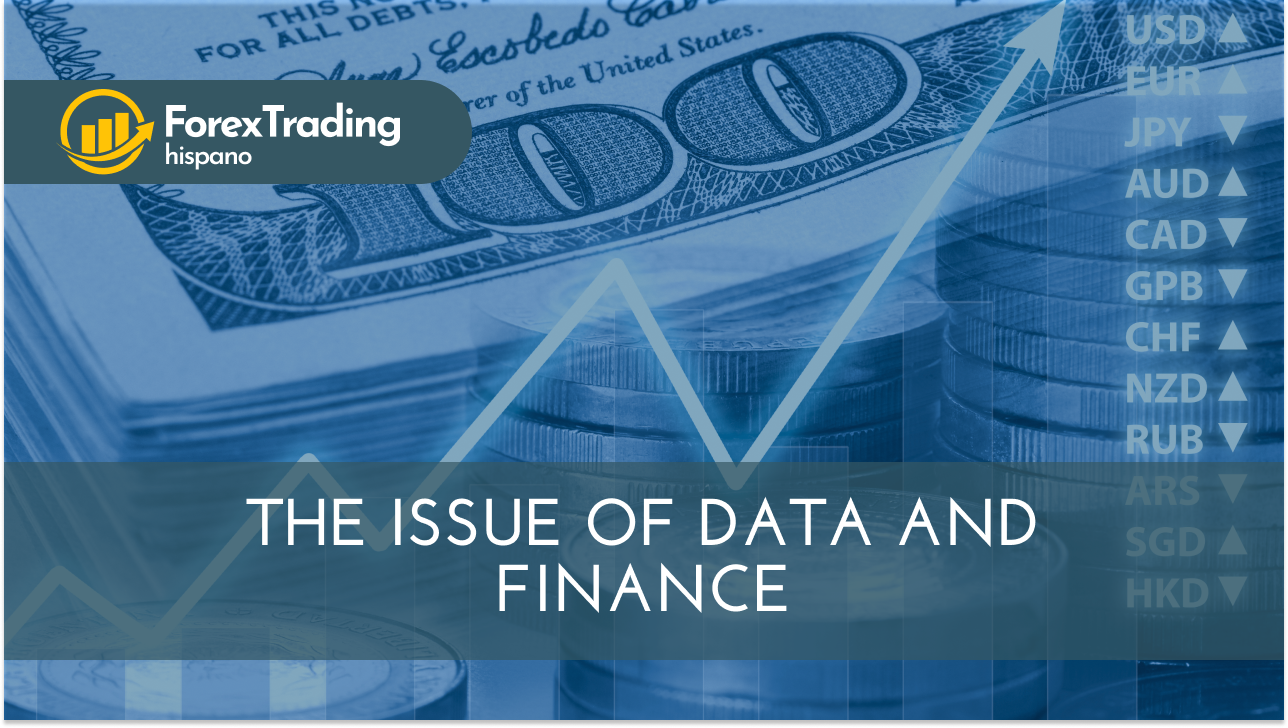
Accordingly, the most saturated is the offer of software products that provide an analysis of the American market over the entire spectrum of financial instruments. The same can be said of data providers. This is an important point since it depends on the choice of an acceptable amount of inevitable costs. Also, ordinary investors and traders, as a rule, now use the Internet to connect to the data stream. As practice shows, it is easier to get data from America than from neighboring Germany.
Why are you doing this

Now it’s time to think about why all this is being done. A question with an obvious “undercut”. Ninety-five percent of traders, and perhaps more, answer it something like this: “To make money.” Unfortunately, this answer is incorrect. If you start with such arguments, it is better, indeed, to transfer the money to the bank, even with dubious prospects to get it back. After all, monetary losses, in this case, become almost inevitable. The correct answers may sound something like this: “to successfully invest money”, “to improve the management of own funds”, “to receive additional income in exchange for some risk”, etc. The difference in answers to you seems to be very small. It is huge.
Market analysis
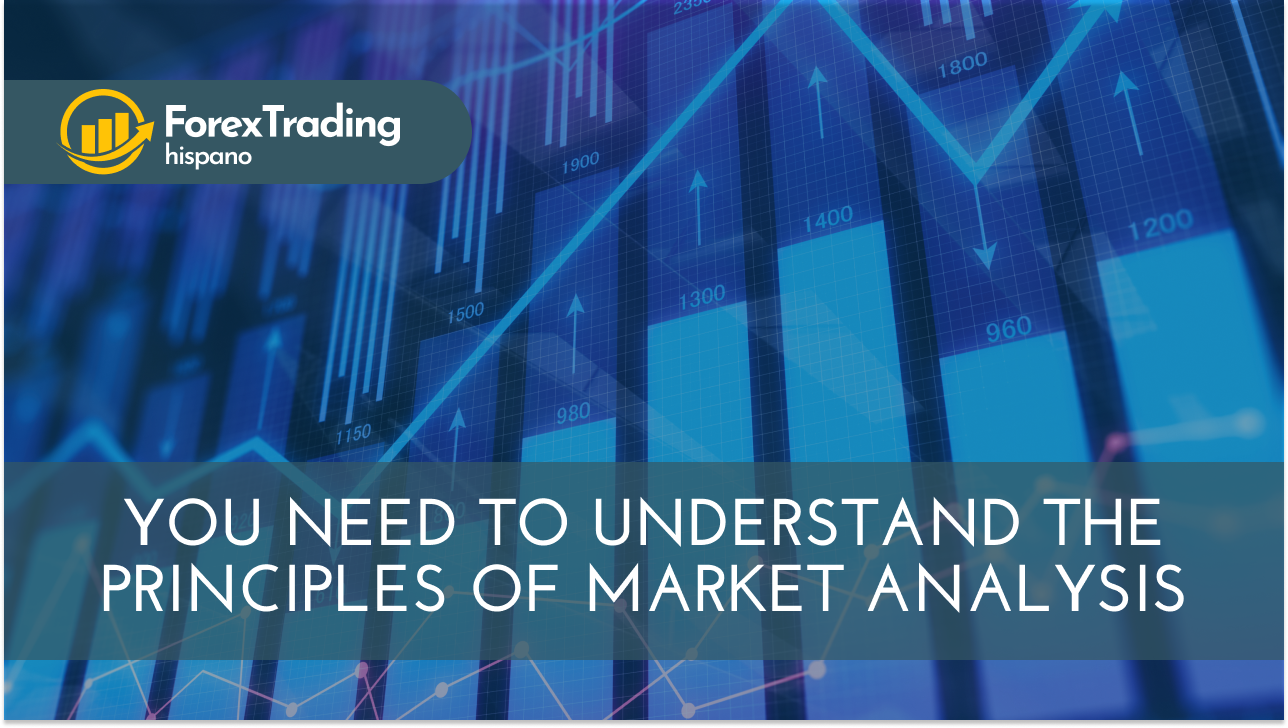
To understand this, one should turn to the solution of such a problem as market analysis. Thus, in the next step, you need to understand the principles of market analysis. Currently, there are many theories and a wide variety of opinions on this subject. One of the most common methods is technical analysis. What it is? This approach is based on the assumption that the use of various indicators, as well as the study of the configuration of price bars, will help in predicting the market situation in the future. Proponents of fundamental analysis call this a fallacy and think that by examining the economic environment, one can achieve more significant results.
In practice, both of them turn out to be idealists, because none of the approaches guarantees complete success and is not able to protect against serious mistakes. The only way is to combine both approaches through their common sense. When studying how to conduct market research that precedes the decisions that are crucial for the trader, you should turn to publications that are dedicated to this very topic – technical and fundamental analysis. Now the reader can also get acquainted with such an extremely useful magazine as Technical Analysis: Stocks & Futures. As you learn the basics of analysis, as a rule, a rethinking of the market occurs. This leads to the need to reconsider your understanding of the tools used in the analysis. If you get deeper into the specifics of market analysis, you may realize that you need a completely different software product that provides analysis.
Think about which technical analysis package you should choose

Even if such a sensation does not occur, at this stage it is still recommended to reflect on the question: “How to conduct market analysis?” In other words, which technical analysis package should you choose? At this stage, you should at least first decide what type of trading you intend to conduct. This is an extremely important issue since there are four main alternatives: day trading (trading in a large number of securities with fixing small exchange rate changes within 1/8 or so), intraday trading (involves opening and closing trading positions within the trading day), short-term trading (Short-Term, – usually understood as trading with a duration of several days), and finally, Long-term trading (Long-Term, – this usually refers to trading that lasts from 30-40 days). As you understand, depending on your preferred investment horizons, there is a choice of the above types of trading. And only now we have to solve the question: “Through which broker to trade?”
Which broker to trade through?

The choice of broker and the conditions it offers depends on the type of trading behavior. If you intend to trade within the day, then you should contact a company that provides direct access to the “trading space”. Short-term trading is not so demanding, here it is quite possible to limit yourself to an ordinary online broker. With long-term trading, the telephone is often enough. Of course, all this does not need to be perceived as dogma, but it should be taken as a basis. Commission; the quality of the software product that provides the entry of orders into the system (if this is not done through a Web browser); Reliability of connection with the broker server; speed and quality of execution of entered orders – all these are quite important trifles that should be carefully weighed before giving preference to a particular company. And it doesn’t hurt to find out through which clearing company the brokerage company that interests your works, how client orders are routed, what are the reviews about this company.
Brokerage agreement is a public offer agreement in the form of a unilateral agreement

The NASDAQ website resources provide the coordinates by which you can find out, for example, whether negative moments have occurred in the history of a particular company. And to do this is highly recommended! Sometimes it is also important how wide the range of financial instruments that can be traded. This is especially true for the commodity futures market. It is only necessary to remind: the industry of providing services in the stock and futures markets in the USA and several developed countries of the world works so steadily and is so tightly controlled that it would not even occur to many brokerage firms to draw up two copies of the contract. This seems to someone a fraud, but, as one investment manager once said popularly, “stealing here is much more difficult than at a bank.” That is why a broker service agreement is a public offer agreement that has the form of a unilateral agreement. This is similar to the deal you make when buying a magazine: after giving the money, you practically agreed to the conditions of the opposite side. In the case of a broker, consent is expressed by the presence of your signature. So if you have a desire to have a contract in your desk drawer, then do not forget to make a copy before sending the copy to a brokerage firm. If the matter concerns an American or British company, this is all the more necessary. When the choice is made, there is nothing left to do but rush into the stock market abyss. True, the most meticulous and cautious investors will not rush but will work on drawing up portfolio management rules.
In any case, the “fundamentalists” (those who adhere to fundamental analysis) devote a lot of time to this. Ardent supporters of technical analysis are engaged in the design and testing of trading systems. Opposing positions are those who worship the science of money management. They tend to consider everything through the prism of probability processes and statistical series or to operate with mathematical formulas that allow calculating all the necessary parameters for risk and profitability. Be that as it may, in reality, no type of approach to trade can guarantee 100% success. The market simply does not tolerate certainty – it immediately rejects any certainty. This will help you to see the bullfight. How will a bull behave in the arena, in front of its nose waving a red rag? You should never forget that everything in this world is changing.
The market is volatile
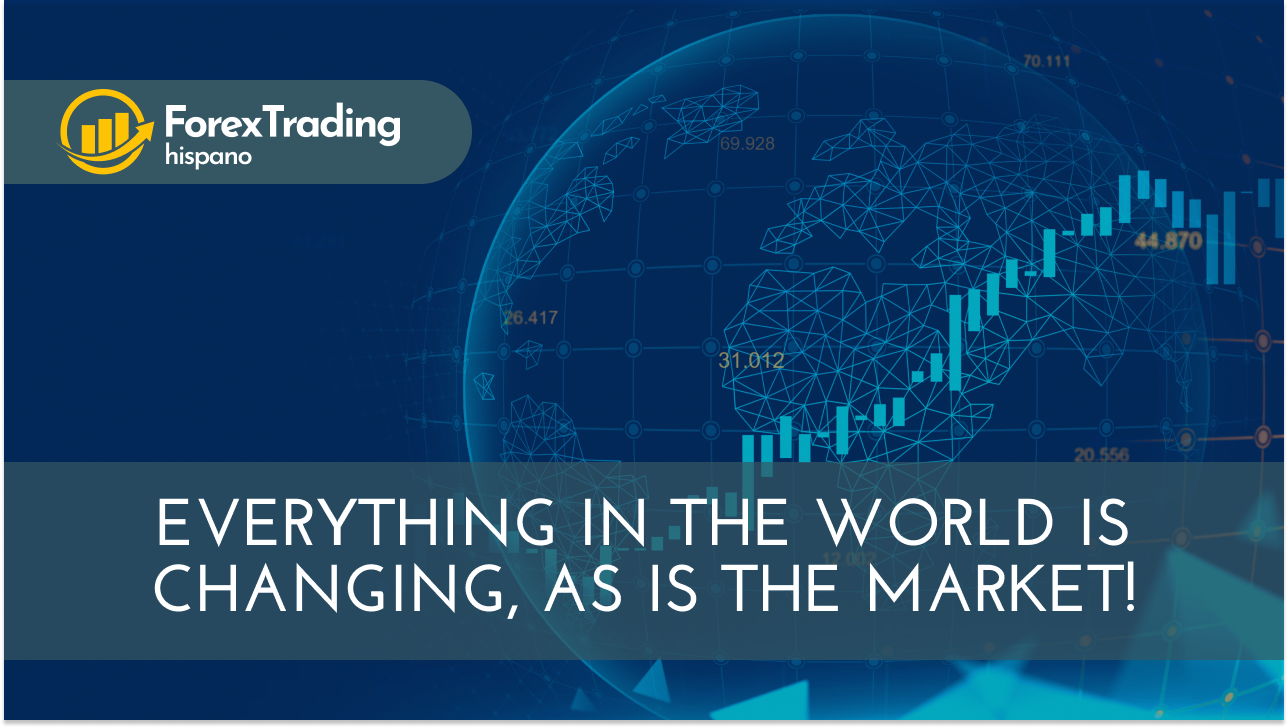
What seemed to you worthy of respect just yesterday may not be taken seriously tomorrow. Then you are sure to reconsider your views on the market, perhaps even change the rhythm of trading. That is why investors and traders constantly wander from one broker to another. It is for this reason that the answer to the question of through whom to trade should not be regarded as an unshakable and unchanging ultimate truth. Remember: everything in the world is changing, and so is the market! Therefore, we must change with him if we want to trade successfully!
